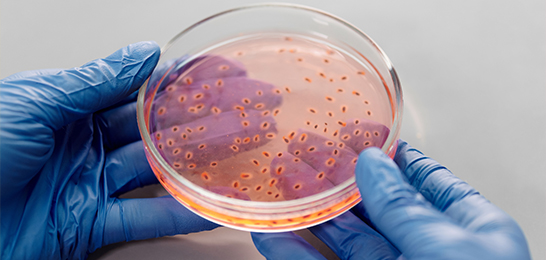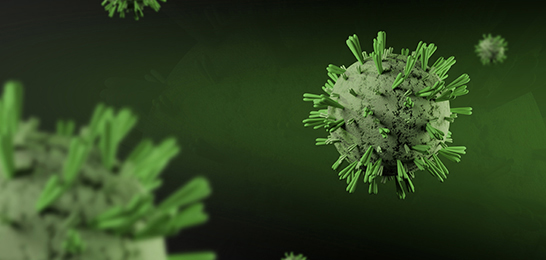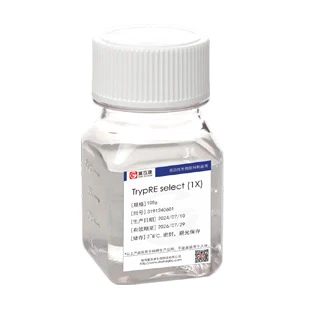Advancement of Probiotic Yeast Cosmetic Raw Materials
In recent years, the breakthrough of probiotic yeast cosmetic raw materials, such as Gibco yeast and Micro Biotec, have become a hot topic in the beauty industry. With the increasing awareness of health and beauty, the demand for probiotics is increasing, and the market for probiotic raw materials is also developing rapidly.
Gibco yeast and Micro Biotec are two of the leading probiotic raw materials currently available. Both of these raw materials are made from natural sources and contain a variety of beneficial microorganisms, making them ideal for use in cosmetics. The probiotics contained in these raw materials help to promote skin health, reduce inflammation and acne, and provide overall skin nutrition.
In addition to Gibco yeast and Micro Biotec, there are also a variety of other raw probiotics available, such as lactic acid bacteria, bifidobacteria, and lactobacilli. These probiotics are able to help the skin maintain its natural balance and keep it healthy. The probiotics also help to protect the skin from environmental stressors and can help to reduce the signs of aging.
Overall, the breakthrough of probiotic yeast cosmetic raw materials has been a welcome development in the beauty industry. With their natural sources and beneficial microorganisms, they are a great choice for those looking to improve their skin health.
Changes in the Application of Yeast Fermentation Technology
Yeast fermentation technology has been used for centuries in the production of various food and beverage products. However, in recent years, its application has extended to the manufacturing of probiotics. Probiotics are live microorganisms, usually bacteria, that are beneficial to the health of the human digestive system. By fermenting yeast, probiotics are produced in a controlled environment, allowing for the growth of bacteria that are beneficial to health. This has enabled the production of probiotic supplements and other products that can be used to supplement the body's natural bacterial flora. Furthermore, yeast fermentation technology has also been used to produce proteins, enzymes, vitamins and other nutrients that are beneficial to human health. With the increasing demand for probiotic products, yeast fermentation technology has been more widely utilized in the food and beverage industry.
The application of yeast fermentation technology has changed significantly with the development of novel fermentation techniques such as solid-state fermentation and submerged fermentation. These techniques enable the efficient production of probiotics at an industrial scale, allowing for the production of a wide range of probiotic products. Additionally, the use of new probiotic strains has allowed for the production of probiotics with enhanced health benefits. In addition, the use of advanced fermentation techniques has allowed for the production of probiotics at a lower cost than traditional methods, making it more cost-effective for large-scale production. Finally, the use of modern bioreactors has allowed for the efficient and safe production of probiotics at a much faster rate than traditional methods. These advances in yeast fermentation technology have revolutionized the production of probiotics and allowed for the efficient and cost-effective production of probiotics on a large scale.
The Process of Probiotic Manufacturing
The probiotic manufacturing process is a complex one that requires carefully controlled processes and rigorous quality control standards. Probiotics manufacturing starts with the selection of raw materials. Carefully selected ingredients are then combined in a sterile environment to create the probiotic strain. During the manufacturing process, probiotic strains are cultivated in a controlled environment to ensure that they are of the highest quality. The probiotic manufacturing process also includes quality control tests to confirm the potency of the probiotic strain. Once the probiotic strain is ready, it is packaged and ready for distribution.
The probiotics manufacturing process is an essential part of ensuring that the probiotic strain is of the highest quality and potency. Quality control tests are conducted throughout the probiotics manufacturing process to ensure that the strain meets the required standards for potency and purity. To ensure the highest quality, probiotic manufacturing must adhere to strict standards and regulations that are set forth by governing bodies. Additionally, probiotic manufacturing must adhere to Good Manufacturing Practices (GMPs) and must document all aspects of the manufacturing process.
The probiotic manufacturing process is an important one that ensures the strain is of the highest quality and potency. By carefully selecting the raw materials and adhering to rigorous manufacturing standards, probiotic manufacturers can ensure that their products meet the highest standards of quality.











